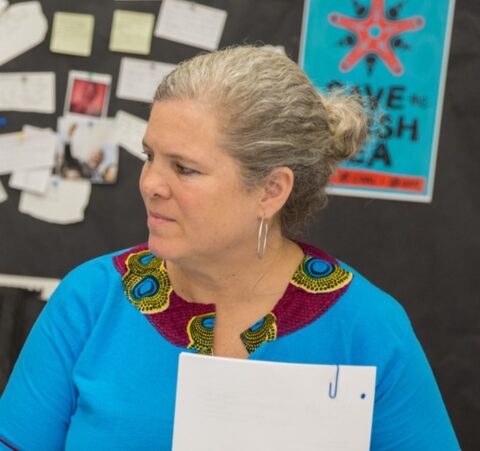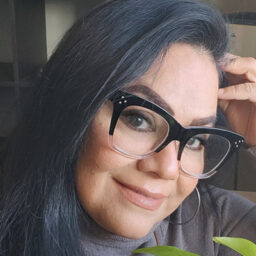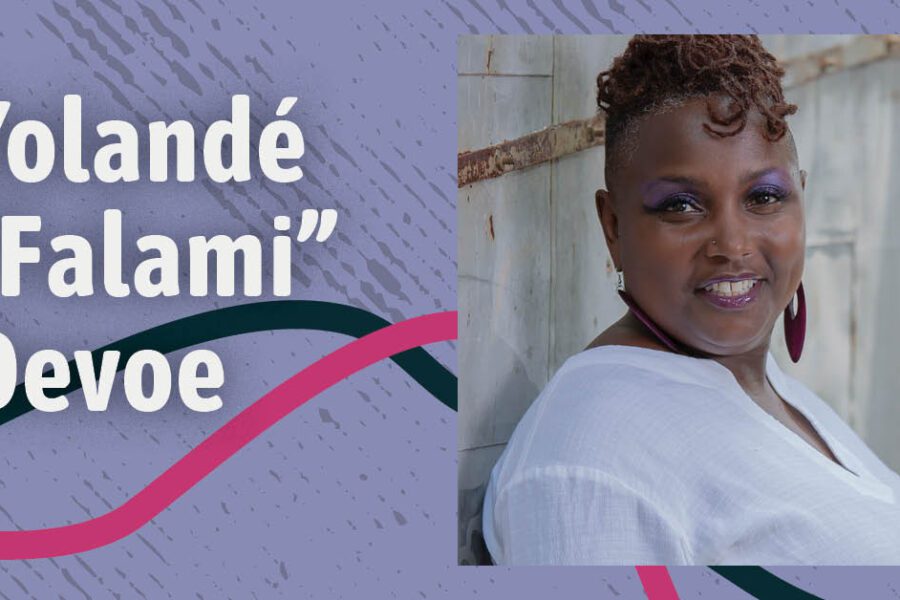Antioch University’s Certificate in Culturally Responsive Early Childhood Education, or CRECE, has increased its credit requirements which will now allow interested students access to scholarships and student support from the state.
CRECE is a student-led, nine-month program, taught bilingually to educators who are interested in advancing their careers and earning credits toward an associate’s or bachelor’s degree. Enrolled students are given opportunities to expand their professional network, and learn teaching strategies for culturally diverse classrooms in Early Childhood Education (ECE). The program differs from a traditional classroom model by focusing on students’ lived experiences and identities—allowing them to explore how they can become better educators while providing feedback and resources.

Sharon Cronin and Elizabeth Burke began CRECE in 2017 after spending a year planning the program, incorporating Cronin’s expertise in ECE and Burke’s background with credit for prior learning. Samantha Carrillo joined the team a few years after she relocated to Seattle from Morelia, Michoacan, Mexico, where she worked as an elementary school principal. (Read our recent profile of Carrillo.) Carrillo noted that Culturally Responsive Education in Early Childhood strays away from a model that strives for sameness.
“Most of the teachers getting the CRECE certification are educators who often don’t have a BA degree, or do not have a BA in this country,” said Carrillo. “In many cases, they have academic degrees in their countries of origin.”
During the nine-week course, students will earn a total of 63 credits, and attend eight full-day class sessions each quarter on weekends over Zoom. CRECE, which means grows in Spanish, is designed for working adults, and its courses alternate between being taught in Spanish, English, Mandarin, Somali, and Tagalog, amongst many others. The program also provides translators, and students who speak other languages are encouraged to enroll as well.

“Students can receive information in their dominant language while exploring a secondary language in a friendly way,” Carrillo said. “Having a flexible model such as this encourages students to transform their future classroom into a bilingual environment where everyone can move between languages with ease in regard to listening, speaking, and writing.”
Students interested in applying must have a minimum of five years of professional experience in the field. They must also have evidence of their ability to complete lower-level college courses which can include a high school diploma, GED, home school certificate, a CDA certificate, completion of CLEP tests, or a continuing education or college course.
“Educators who enroll leave with a more robust knowledge of culturally responsive pedagogy and how to foster culturally sensitive classrooms in early childhood education,” said Carrillo. “They will grow their professional networks, expand their repertoire of teaching strategies, and enrich their childhood learning environment.”
Learn more about the Certificate in Culturally Responsive Early Childhood Education.






